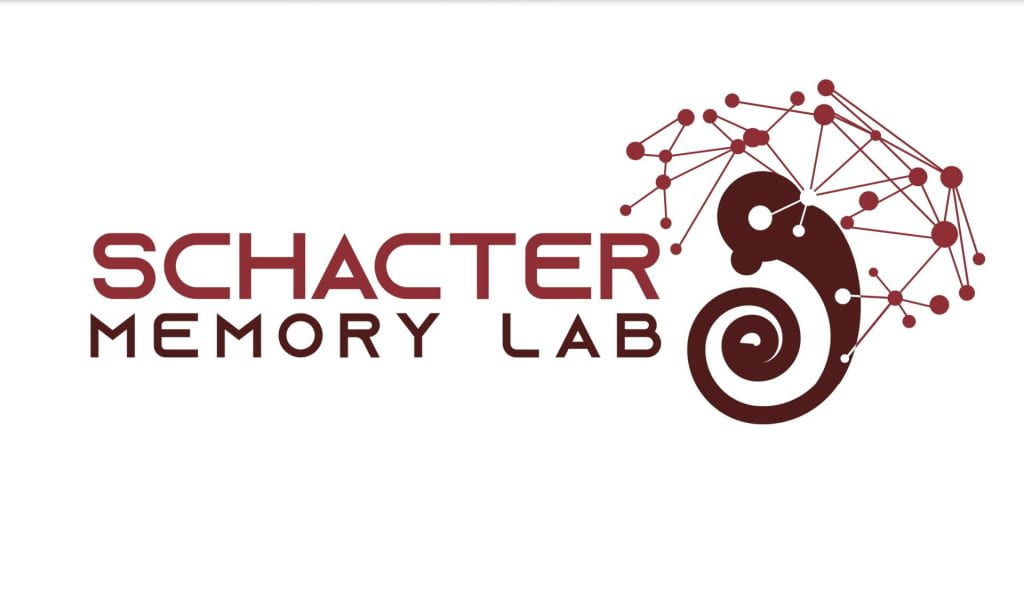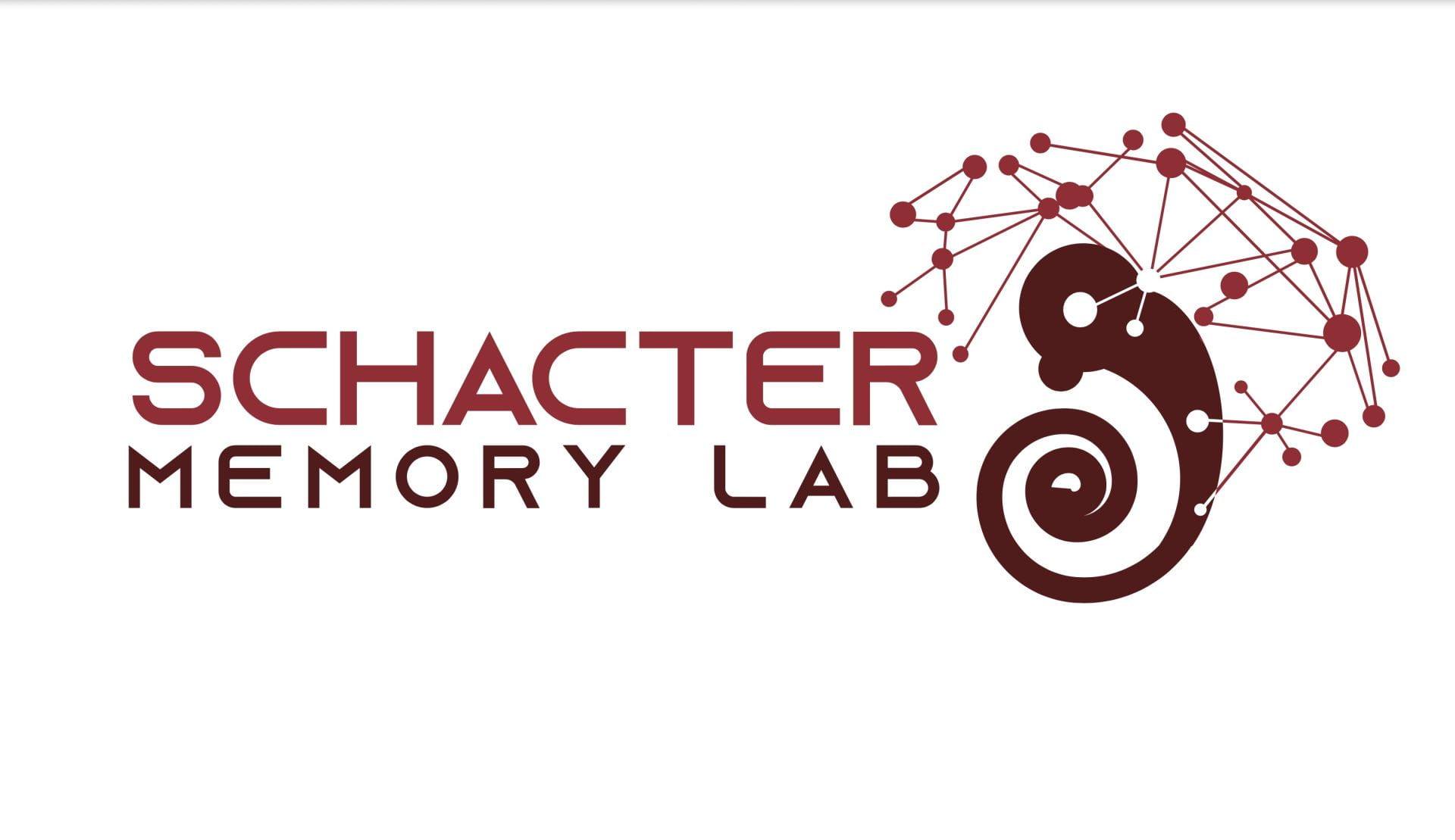Areas of Focus
Aging and Memory
We have been investigating the impact of aging on memory for the past three decades, and are currently examining how aging impacts constructive memory, future imagining, creativity, and problem solving using both fMRI and cognitive paradigms.
Constructive Memory and Memory Distortion
Memory is not always accurate. Understanding the nature of memory distortion has important implications for everyday life, and can also provide valuable insights into how memory works.
We use both behavioral and fMRI approaches to understand the neural and cognitive processes that produce memory distortions, and are especially interested in exploring the idea that such distortions reflect the operation of adaptive cognitive processes.
Episodic Simulation and Imagining the Future
We have argued that memory plays a critical role in allowing individuals to imagine or simulate events that might occur in their personal futures. We are especially interested in how people construct simulations of past and future events, a process we refer to as episodic simulation.
We have also suggested that episodic simulation is related to the constructive nature of memory, because the former requires a system that allows flexible recombination of elements of past experience, which may contribute to memory errors.
We are testing these ideas using a variety of cognitive paradigms and are also using fMRI to characterize the relevant brain regions and networks.
Memory, Creativity, and Problem Solving
Closely related to our work on memory and future imagining, we have also carried out studies implicating episodic simulation and retrieval processes in creative cognition, specifically divergent thinking or the ability to generate creative ideas by combining different kinds of information.
We have also conducted similar studies concerning means-end social problem solving, where people use past experiences to construct solutions to open-ended, everyday problems.
We are examining the cognitive and neural underpinnings of these processes as well as their relation to constructive memory processes that produce memory distortions.

